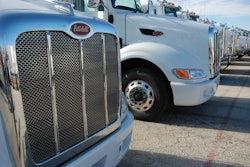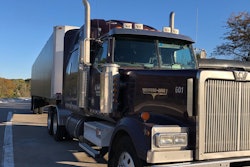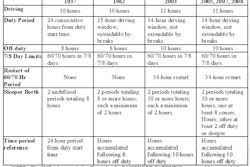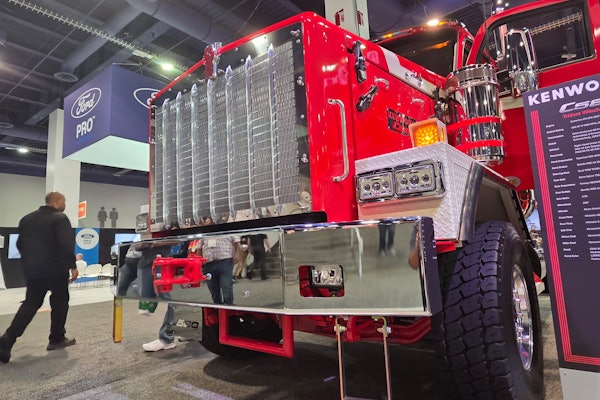Previously in this two-part series:
Some of the more long-term financial challenges for owner-operators involve retirement and health care. There’s the discipline required to save, ideally on a regular basis, and there are often income tax implications, too.
Some tax-related limits in these areas have risen in 2018 or 2019. That’s a benefit for those with enough disposable income to take advantage of them. Here are the high points:
 Managing health care expenses can be daunting for an independent contractor when there are so many choices to consider: health savings accounts, discounted insurance through the Affordable Care Act and marketplaces that specialize in owner-operators.
Managing health care expenses can be daunting for an independent contractor when there are so many choices to consider: health savings accounts, discounted insurance through the Affordable Care Act and marketplaces that specialize in owner-operators.HEALTH SAVINGS ACCOUNT. The limit for annual HAS contributions is now $3,500 for a single taxpayer, $7,000 for a family, says Michael Schneider, tax manager for owner-operator financial services company ATBS. For those over 55 years old, you can add another $1,000 to each category under a “catchup” provision.
An HSA is for those using relatively inexpensive, high-deductible health insurance. Money put into an HSA reduces your taxable income and can be used to meet expenses not covered by insurance.
INDIVIDUAL RETIREMENT ACCOUNT. The limit for an annual IRA contribution went up to $6,000 in 2018, or $7,000 for taxpayers over 50. Like an HSA, an IRA contribution reduces taxable income.
“You typically have until the due date of your federal income tax return (not including extensions) to make 2019 IRA contributions,” says Mark Martiak of Alliance Global Partners, an investment firm. The extra three and a half months to determine a contribution can be helpful since you’re better able to assess your financial situation once your accountant has a handle on your 2019 taxes.

OBAMACARE. Taxpayers who’ve had to pay hundreds of dollars in penalties in recent years for having no health insurance, as mandated by the Affordable Care Act, can rest easy. The penalty disappeared, beginning with tax year 2019.
If you nevertheless do want insurance, possibly through ACA, note that open enrollment for 2020 ends Dec. 15, so check HealthCare.gov or your state exchange soon. Schneider warns that those who have enjoyed strong discounts in recent years, due to having very low taxable income, could be in for a surprise if their income rose markedly in 2019.
If ACA options don’t quite fit your situation, consider other owner-operator health care marketplace options. These and more detail on ACA are available in recent coverage from Senior Editor Todd Dills.
And finally, a reminder on two other tax basics from Schneider:
QUARTERLY ESTIMATED TAX PAYMENTS. A good trucking accountant should be reminding you to stay on top of these throughout the year, but if you’re behind, catch up as soon as possible. You don’t want a huge surprise bill early next year, nor do you want to waste money paying the IRS interest charges on missed payments.
BUSINESS STRUCTURE. If your 2019 profit exceeds about $65,000, your accountant can advise you if you could cut your tax bill by filing as an S Corporation instead of a sole proprietor or other form.










